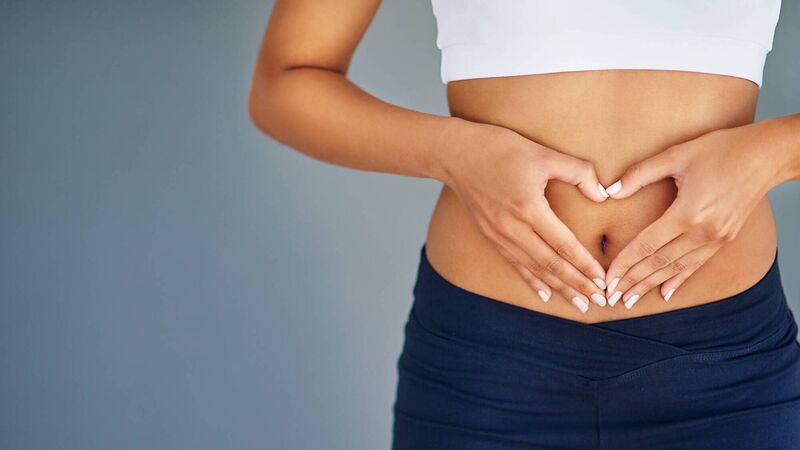The diet myth: Go with your gut - changing the way we think about food

A leading scientist says calorie counting can lead to weight gain and general ill health in the long term.
Try from €1.50 / week
SUBSCRIBE
A leading scientist says calorie counting can lead to weight gain and general ill health in the long term.
A leading scientist says calorie counting can lead to weight gain and general ill health in the long term.
Tim Spector, professor of genetic epidemiology at King’s College London, argues that it is what is inside our gut that counts.
Already a subscriber? Sign in
You have reached your article limit.
Annual €130 €80
Best value
Monthly €12€6 / month
Introductory offers for new customers. Annual billed once for first year. Renews at €130. Monthly initial discount (first 3 months) billed monthly, then €12 a month. Ts&Cs apply.
CONNECT WITH US TODAY
Be the first to know the latest news and updates
Newsletter
The best food, health, entertainment and lifestyle content from the Irish Examiner, direct to your inbox.
Newsletter
The best food, health, entertainment and lifestyle content from the Irish Examiner, direct to your inbox.

Our team of experts are on hand to offer advice and answer your questions here
© Examiner Echo Group Limited